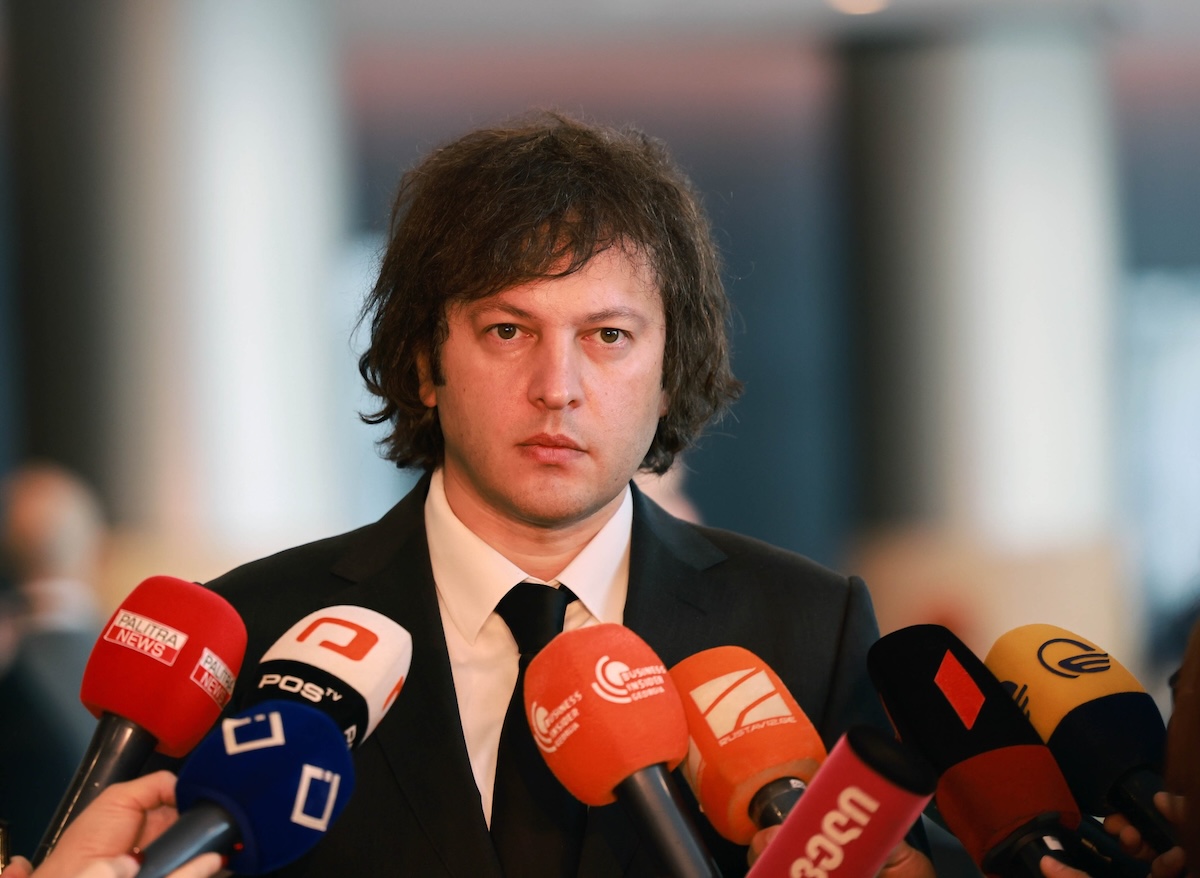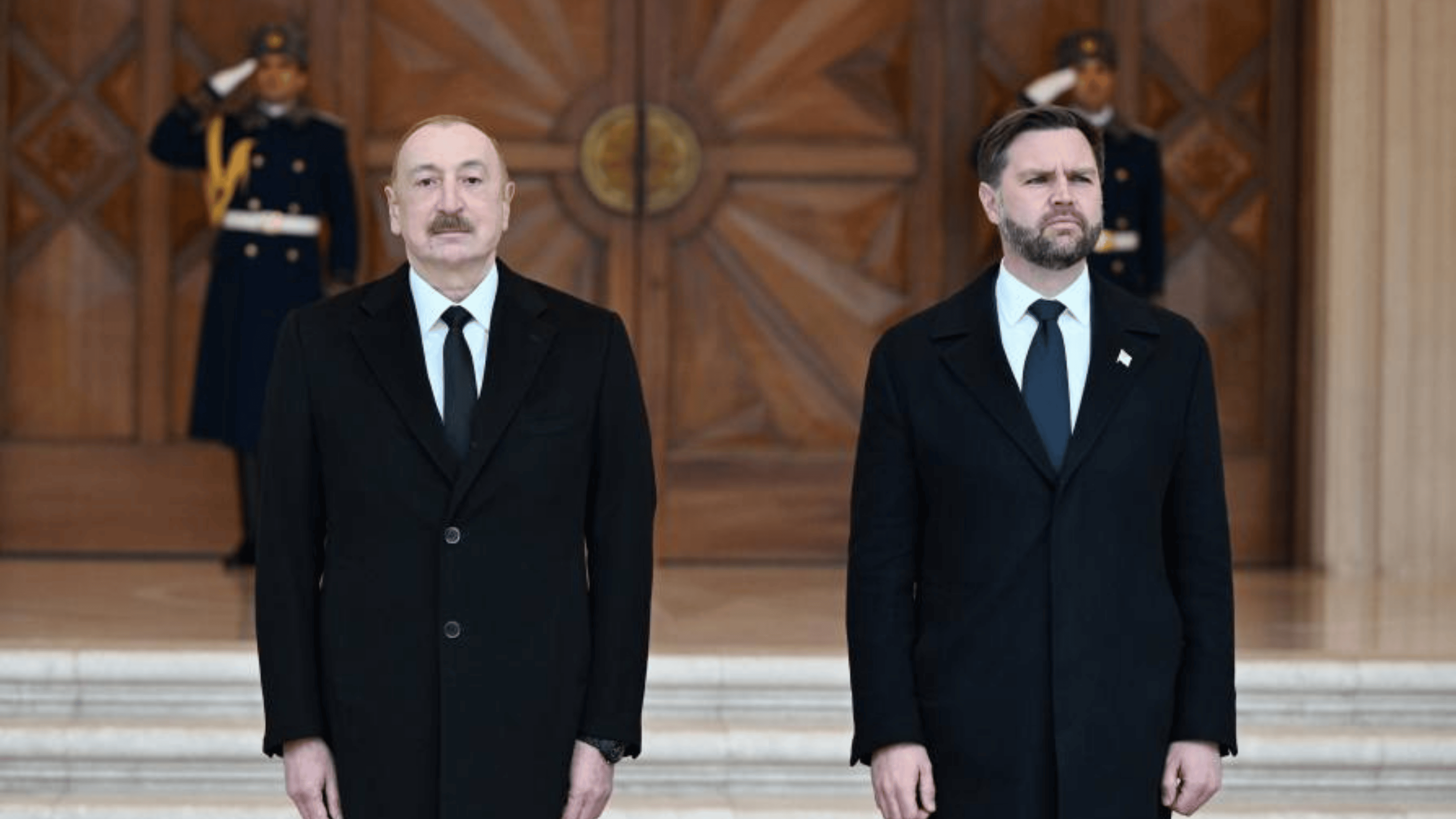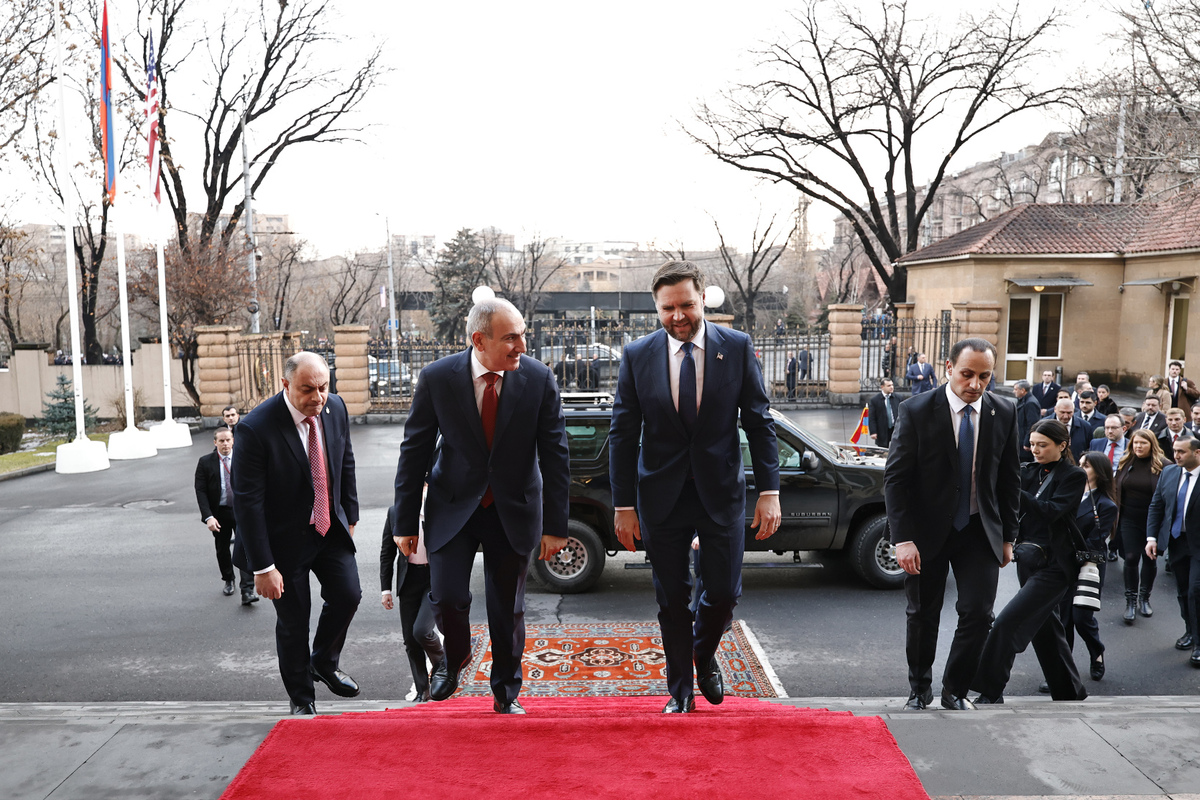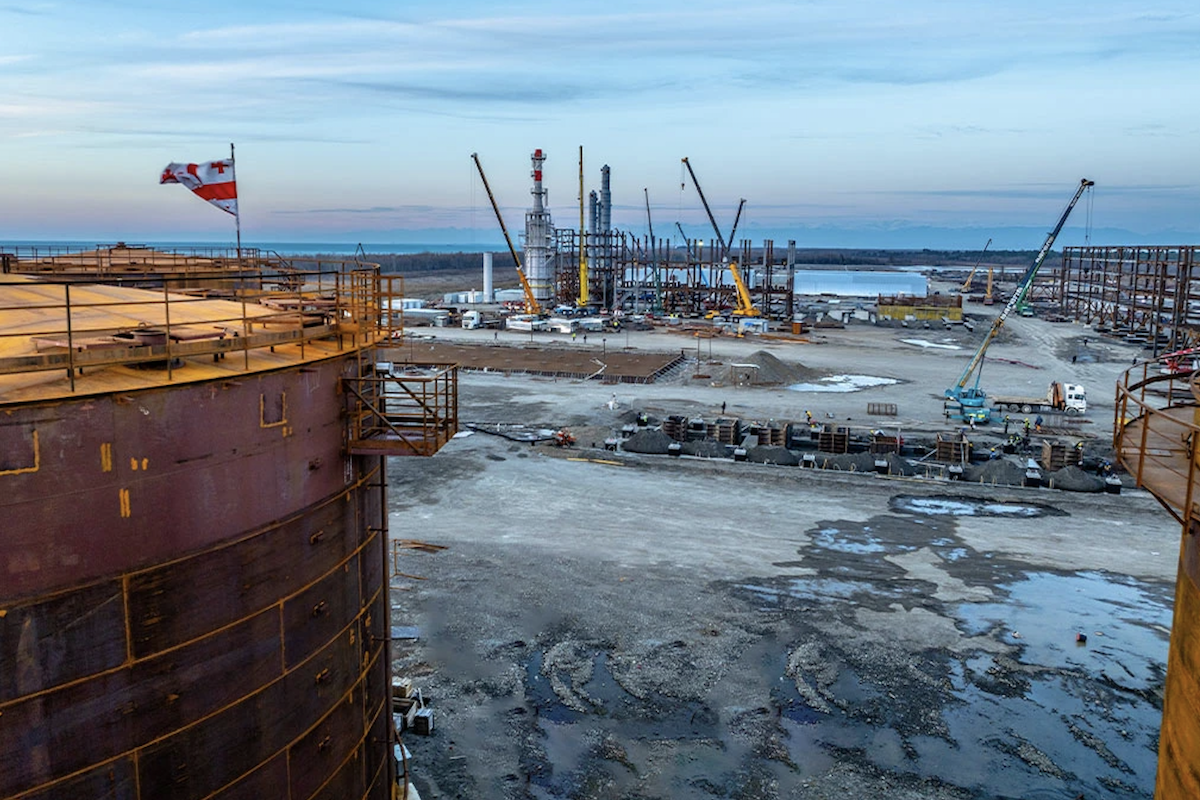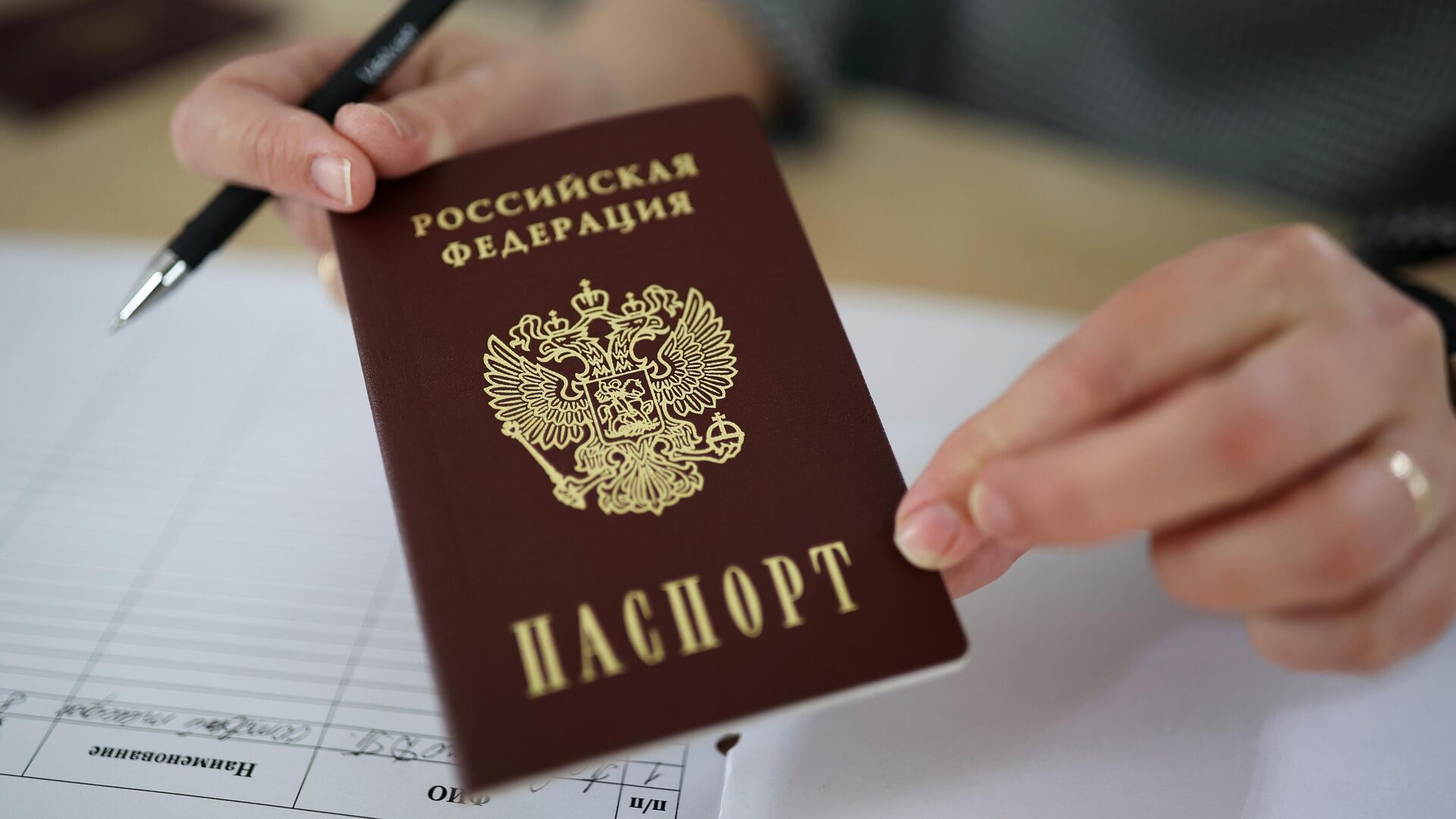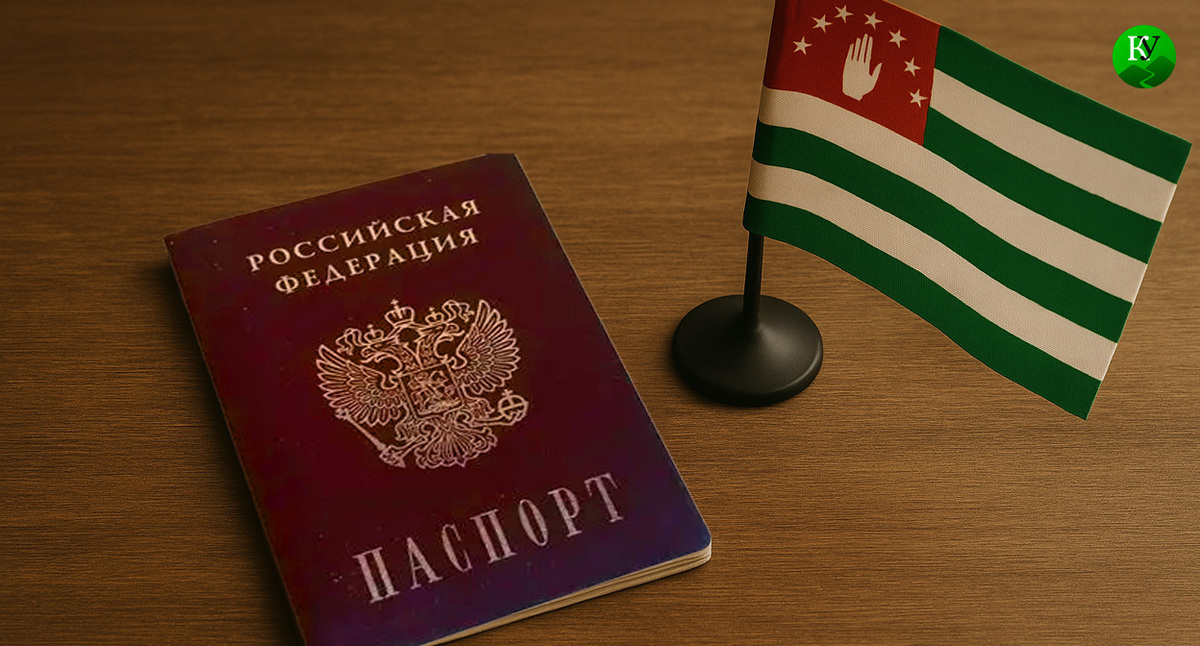"CNN spreading lies" - Head of Georgia's Ruling Party Irakli Kobakhidze
Kobakhidze fires back at CNN
Irakli Kobakhidze, chairman of the ruling Georgian Dream party, has accused the American television company CNN of spreading lies about Georgia, specifically that Russia is evading sanctions by rerouting goods through Georgia.
Kobakhidze commented on a question CNN journalist Christian Amanpour asked European Commission President Ursula von der Leyen about the import of goods into Russia through Georgia. According to Kobakhidze, “CNN is not ordinary media, and it bespeaks large-scale coordination against the national interests of Georgia.”
Amanpour asked European Commission President Ursula von der Leyen about circumventing sanctions against Russia, citing Georgia as an example: “You have already approved several packages of sanctions against Russia. However, we understand, and probably you also know, that many prohibited goods still enter Russia by detours, including, according to the latest information, through Georgia. How to ensure that Russia, which is under sanctions, can no longer get what it needs?”
In response, von der Leyen said that attempts to circumvent the sanctions imposed on Russia are unacceptable:
“Yes, we have already introduced nine packages of sanctions, and they affect the Russian economy, although we see that there are attempts to circumvent them. And of course we can’t tolerate it. We need to start compiling a list of people who buy goods in the EU and bring them to Russia, although the goal of the tenth package of sanctions will be to close these loopholes, close bypass routes and include those who help to circumvent sanctions. The tenth package deals with just that.”
According to Kobakhidze, when influential media “spread lies of this magnitude” about the Georgian state, this is a separate problem. However, in his own assessment, a more serious problem is that the Georgian opposition and its media are also spreading such lies. Kobakhidze believes that this proves these parties are not only not trying to serve the interests of Georgia, but are hostile to them.
If Georgia exported sanctioned products, exports from Georgia to Russia should have increased disproportionately in 2022, Kobakhidze says.
- West or Russia? The South Caucasus’ choice
- Most Russian companies registered in Georgia after February
- “If they close the border, there will be only one way left – war.” Stories of refugees from Russia
According to him, in 2022, compared to 2021, Georgian exports to Russia increased by 7%, while during the same period Georgian exports elsewhere increased far more — for example to China by 20% and Kazakhstan by 148%.
“The share of exports to Russia in Georgia’s total exports in 2022 not only did not increase, but also decreased significantly, which unmistakably refutes the information spread by the CNN journalist,” Kobakhidze explains.
He added that while Georgia is criticized for maintaining trade relations with Russia, EU countries pay Russia hundreds of millions of euros daily for importing goods, with figures ranging from a 33% increase for Russian imports to Germany and a 262% increase of Russian imports to Luxembourg.
At a briefing after a government meeting, Minister of Finance Lasha Khutsishvili noted that since February 24, 2022, due to the risk of violating sanctions the Georgian customs service has suspended more than a thousand operations.
According to Khutsishvili, these operations included cargo on the EU-Russia route and the Russia-EU route.
“The execution process is controlled very strictly. Not only in the region, but also in many EU countries, this type of control cannot be carried out with regard to cargo, as is done in Georgia. There can be no question of Georgia not complying with sanctions,” Khutsishvili said.
- “Lack of political will” – Why Georgia does not join anti- Russian sanctions?
- Georgia’s budget for 2023: social spending predominates
On January 15, The New York Times published an article by Ivan Nechepurenko about goods being imported to Russia in spite of sanctions.
As the author explains, Georgia has become a convenient logistical hub between Russia and the outside world, and that the importing of goods through Georgia and neighboring countries such as Armenia and Azerbaijan has helped Russia survive the economic downturn caused by its invasion of Ukraine.










